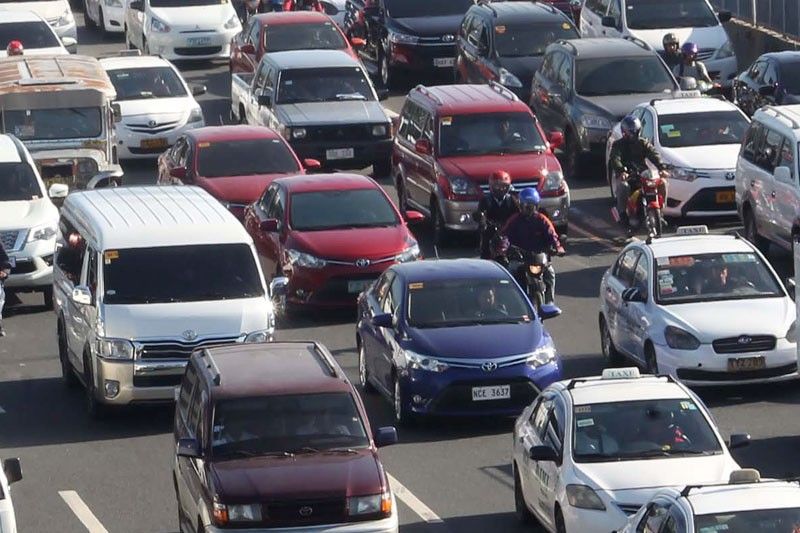Carmakers cautious of tariff speed bump despite good January

MANILA, Philippines — Car manufacturers are off to a good start this year, but are keeping a cautious outlook as the struggling industry faces a combo of lasting pandemic and larger tariffs.
Members of the Chamber of Automotive Manufacturers of the Philippines Inc. (CAMPI), the largest group of automakers, sold 23,380 units in January, down 15.3% from the previous month. The month-on-month drop slowed from over 19% in December.
Compared to the same period last year, sales also inched down a slower 1.4%, a performance the sector characterized as "decent."
Year-on-year comparisons are expected to swing to growth as early as March due to a low base last year when the health crisis and lockdowns that came with it crushed hopes a recovery in 2019 from 2018 would be sustained. Last year instead ended with sales plummeting to a 7-year low.
This makes monthly data more interesting to watch as carmakers navigate through hard times. Any recovery in the sector could be a signal local demand on durable goods is finally bouncing back, a critical ingredient toward a compelling rebound from a 9.5% economic contraction last year.
In a statement on Thursday, CAMPI President Rommel Gutierrez chose to be more circumspect of the group’s sales performance in the first month of 2021. “The pandemic still poses a challenge to the automotive industry,” he said.
“We are also monitoring how the market will react with the imposition of the provisional safeguard duties starting February, which could potentially impact on the prices of imported motor vehicles,” he added.
While CAMPI members assemble car units here, most cars sold are already imported from countries with better manufacturing sector like Thailand, Indonesia and South Korea. That makes safeguard duties similar to those imposed this month harmful to CAMPI, they said, as well as the broader auto market that the Philippines has struggled to revive despite tax perks and other incentives.
For its part, the trade department said there was a need to protect local car makers from the entry of cheaper imported counterparts. The Tariff Commission, which is deliberating on the duties, will ultimately decide whether to allow the tariffs to remain in effect for 200 days from February as prescribed.
So far, CAMPI has held off from releasing a sales forecast for 2021 after a tumultuous 2020 when cumulative sales fell 39.5% below the already watered down projection of 240,000 units.
Breaking down the January figure, 16,085 commercial vehicles were sold, down 14.5% month-on-month and representing 68.8% of total sales. Year-on-year, commercial cars went down a slower 6.4%.
The remaining 31.2% share was cornered by passenger cars, 7,295 units of which were sold, down 16.9% from December. There was some glimpse of recovery as year-on-year output went up 11.5%.
“The (commercial vehicles) sales performance reflects the continuous trend of the market preference shifting to larger vehicles,” the industry report read.
- Latest
- Trending































